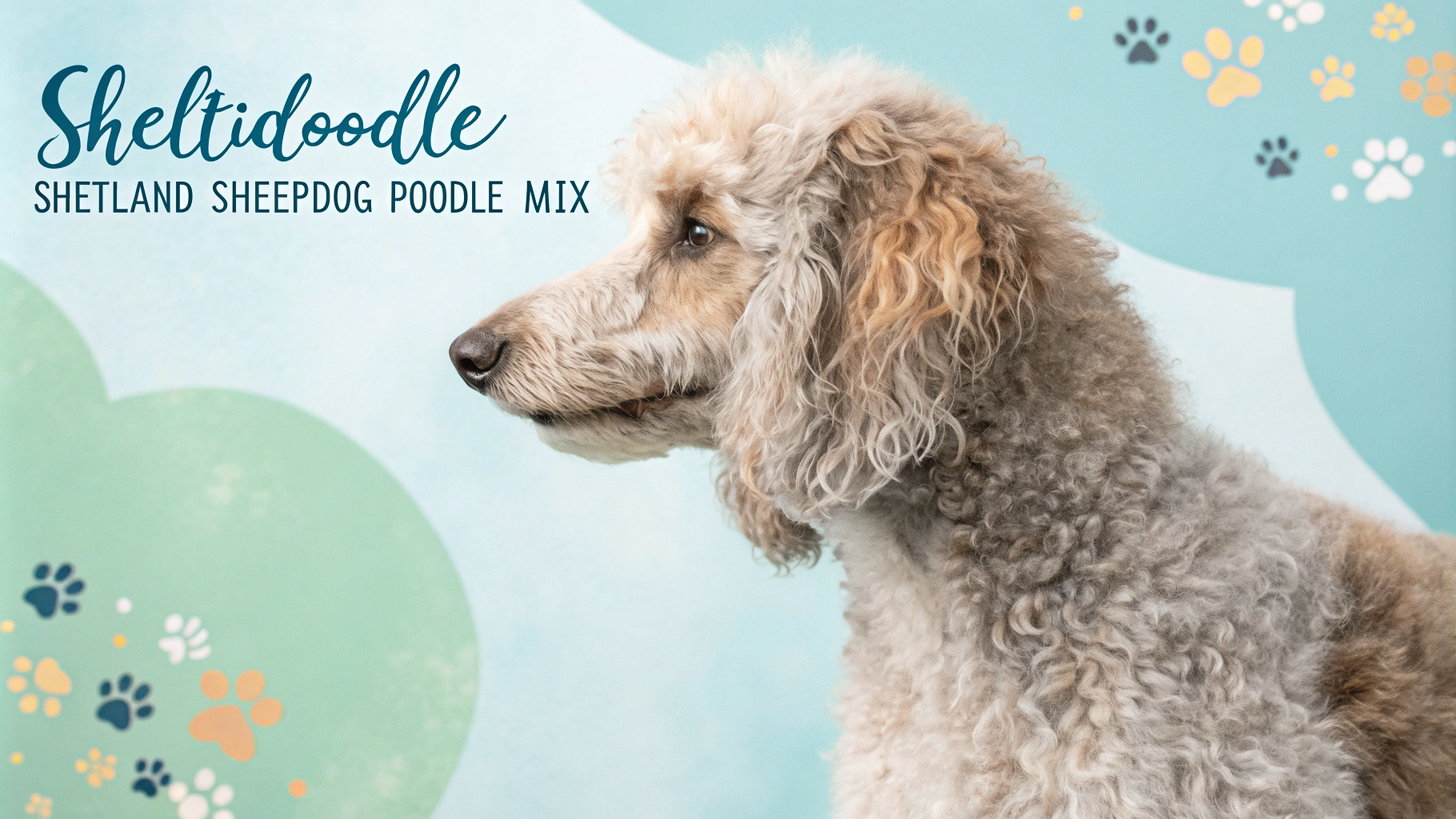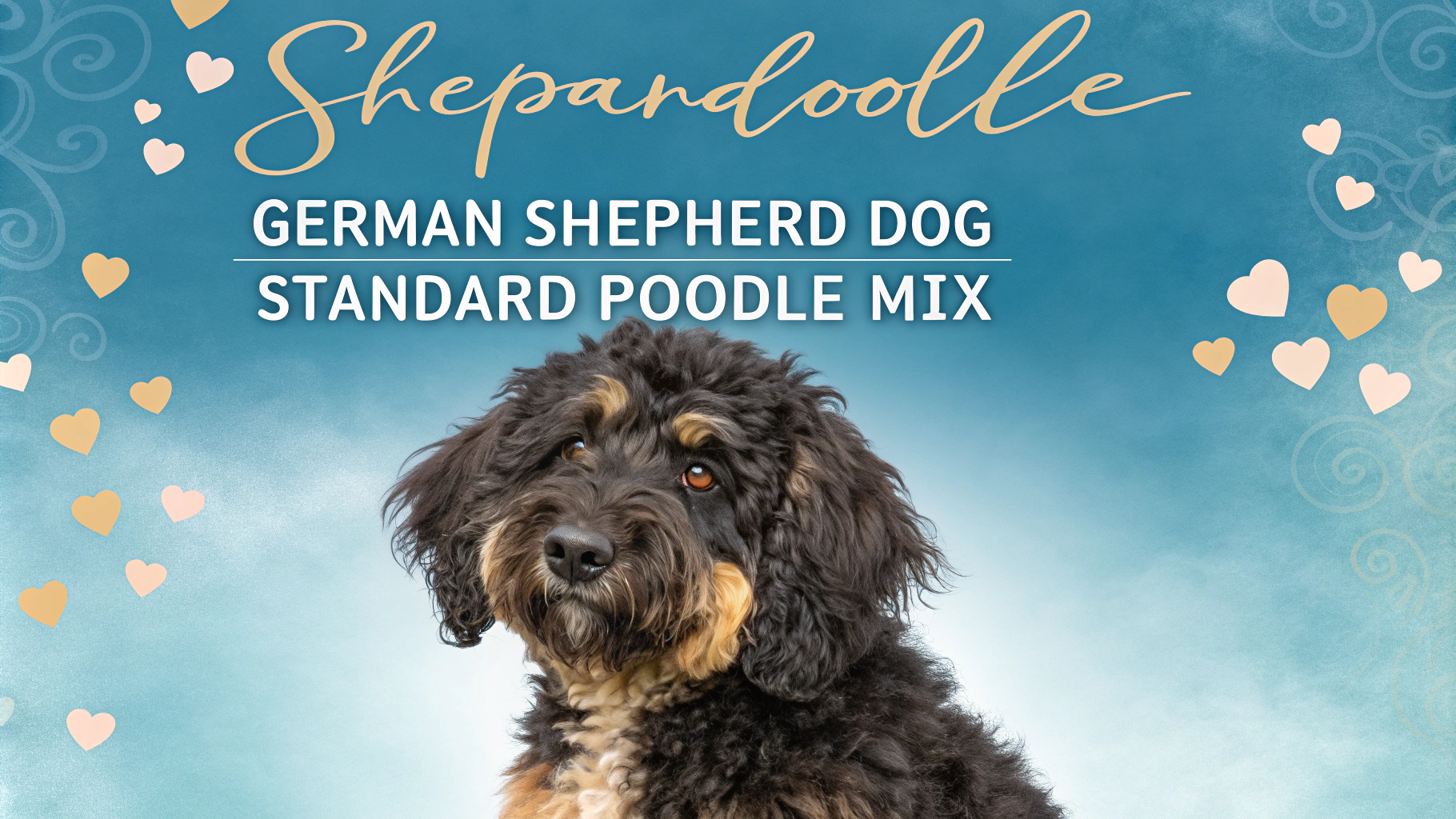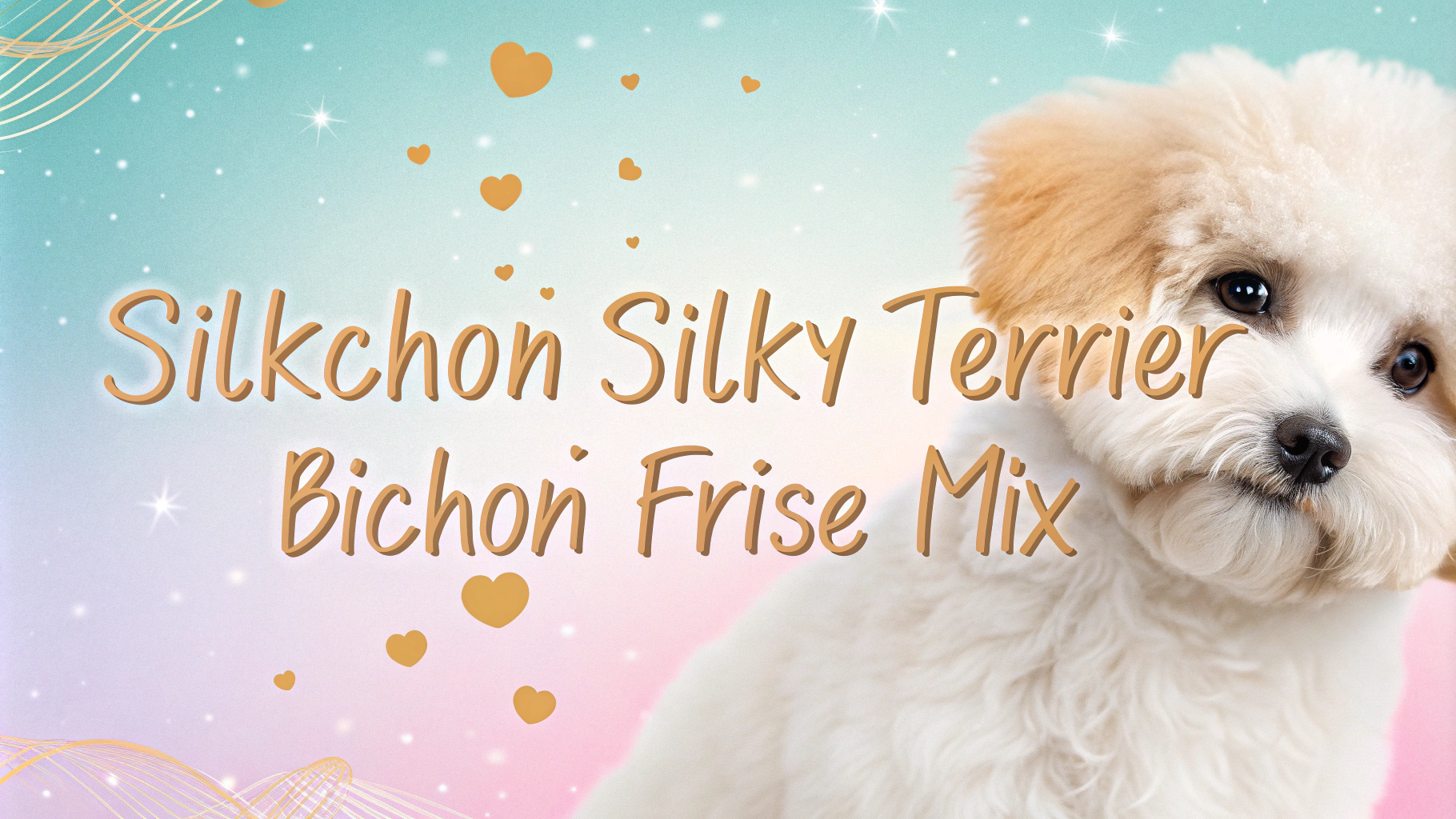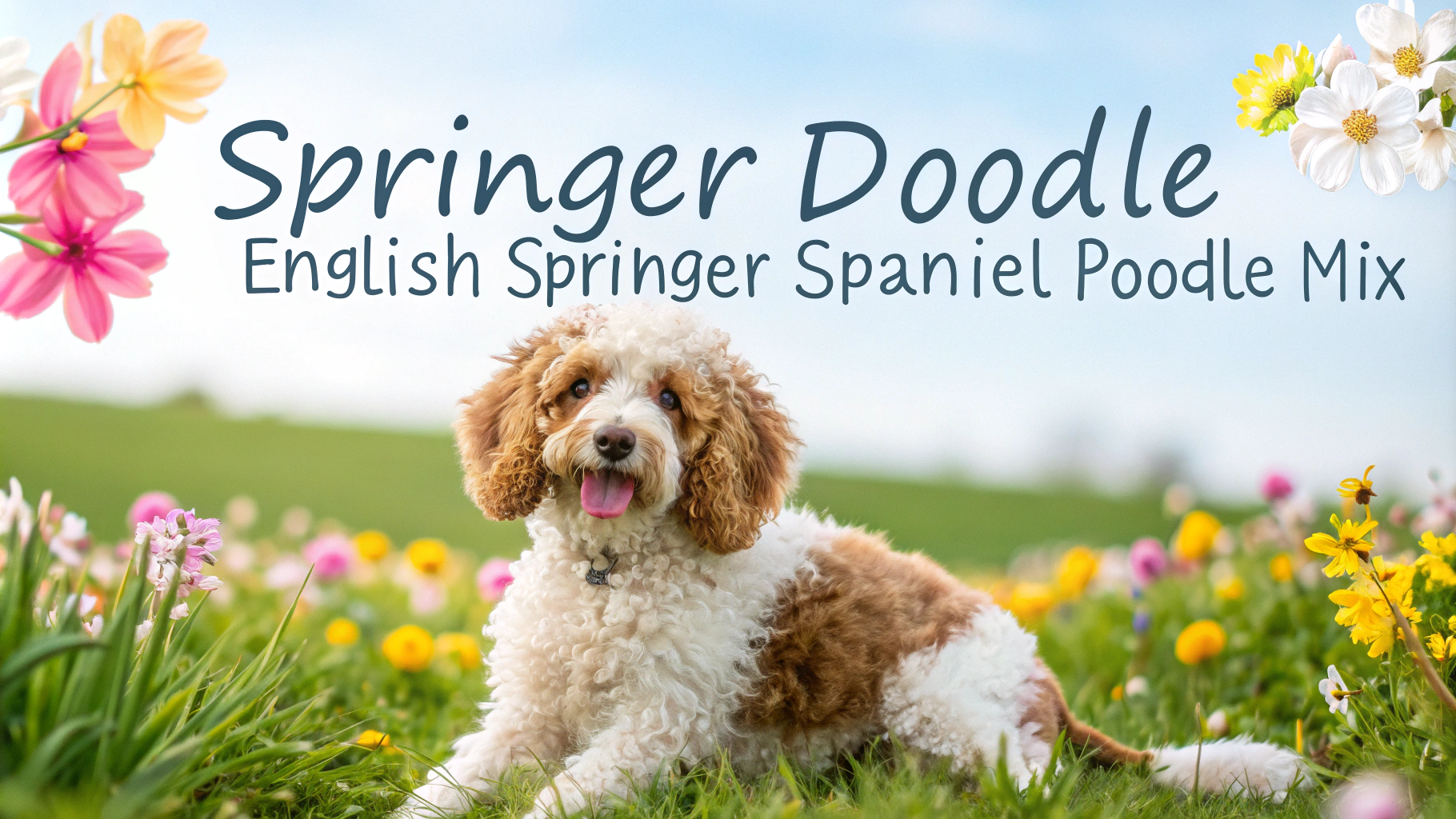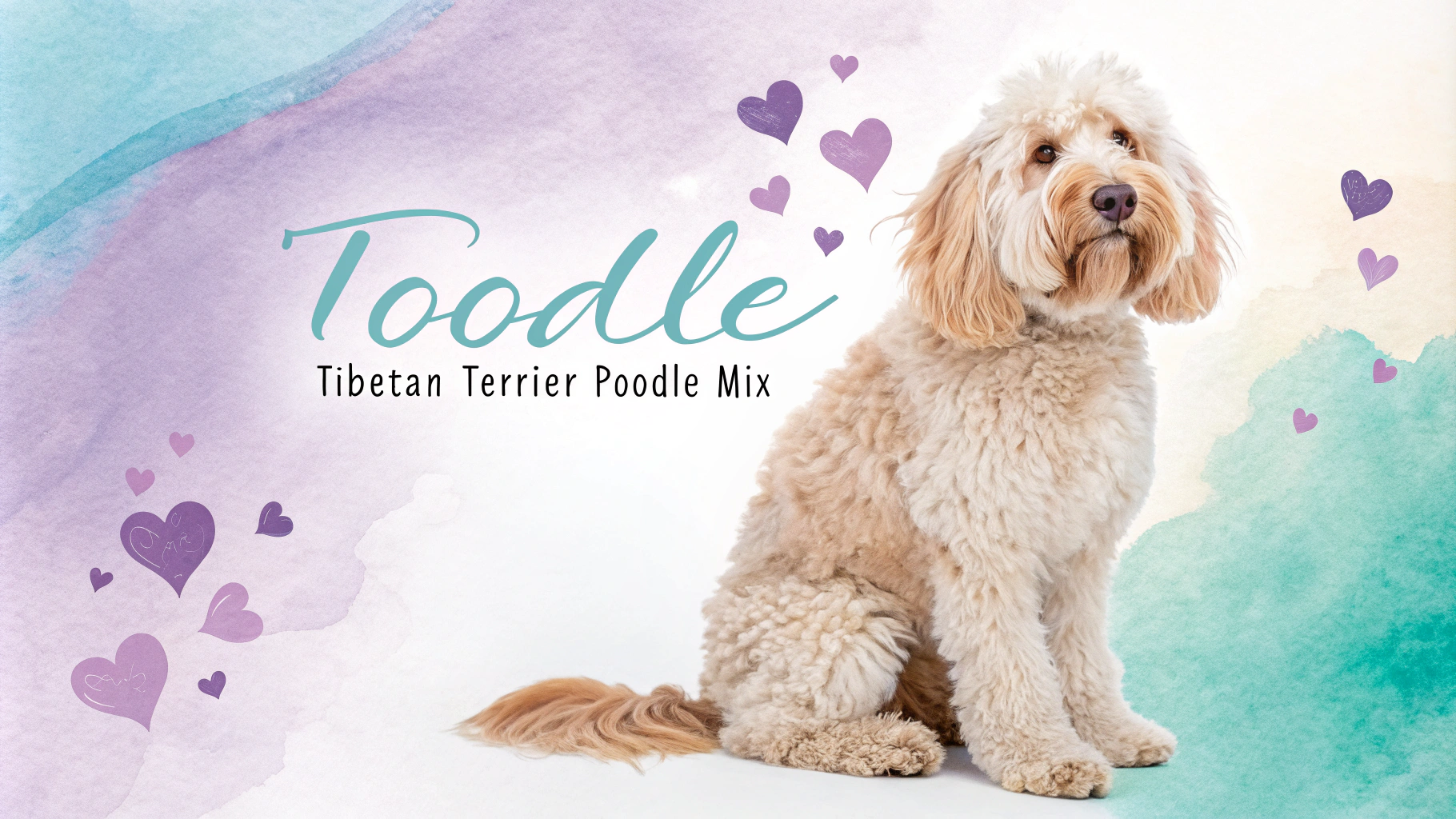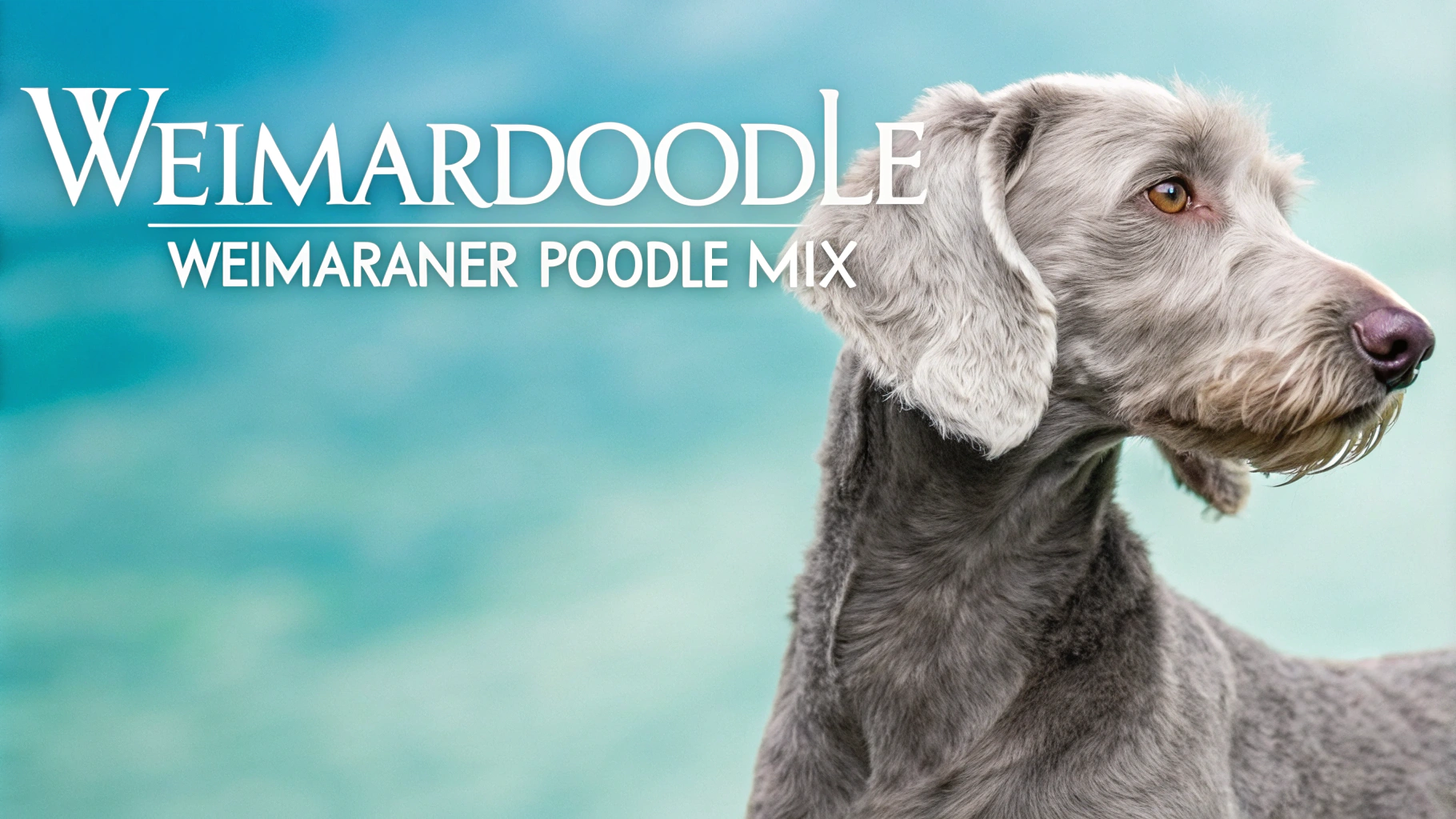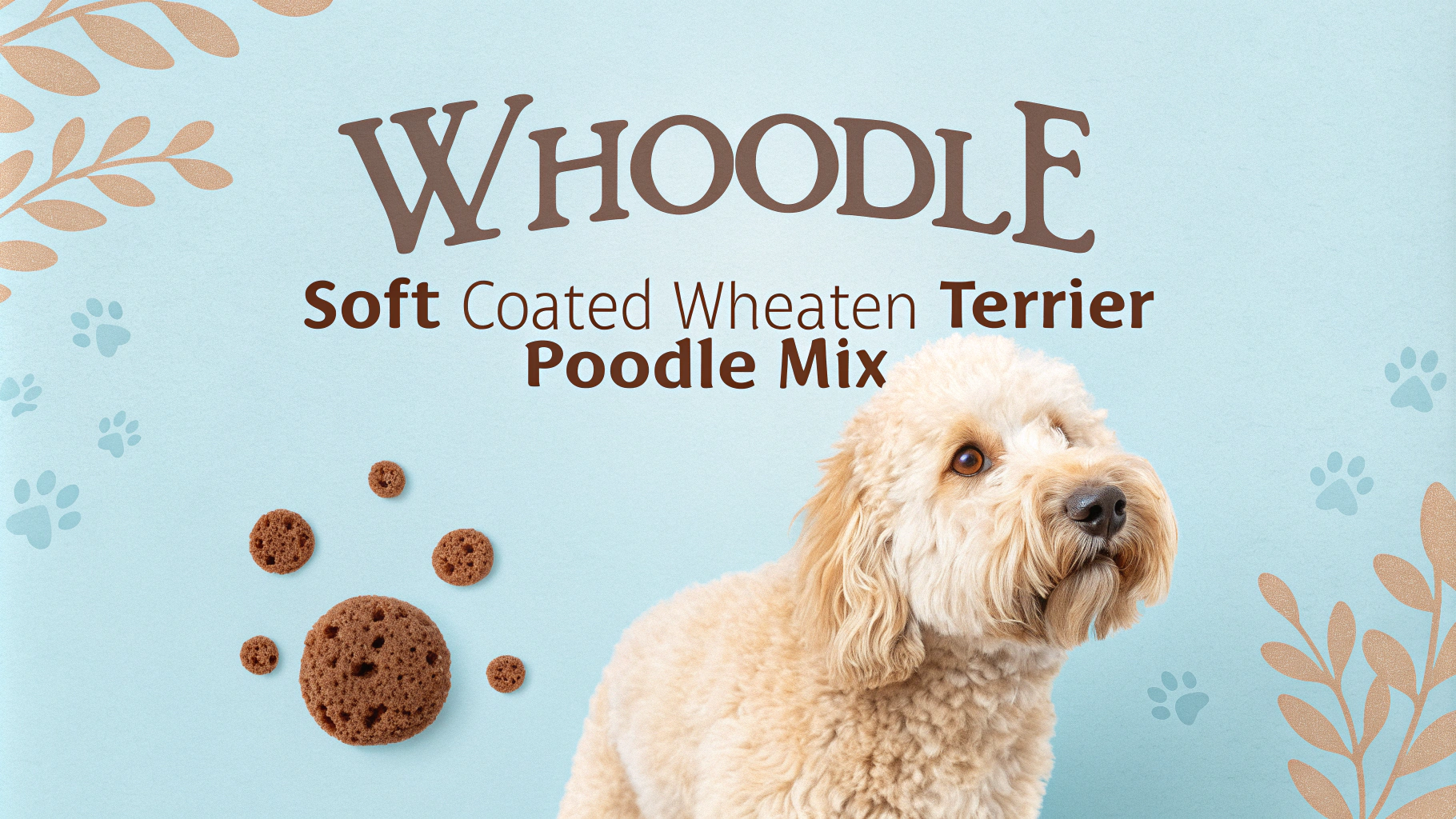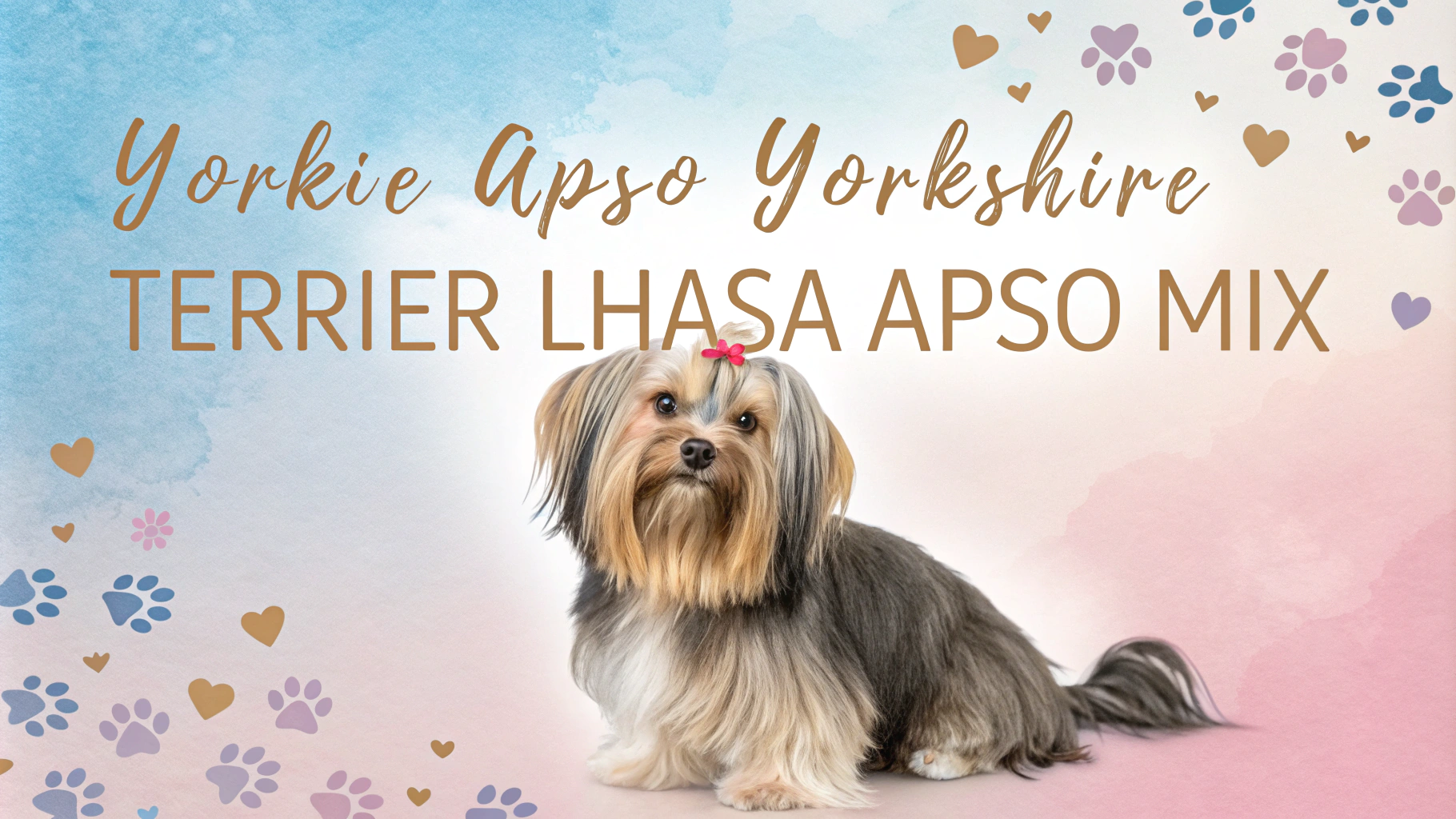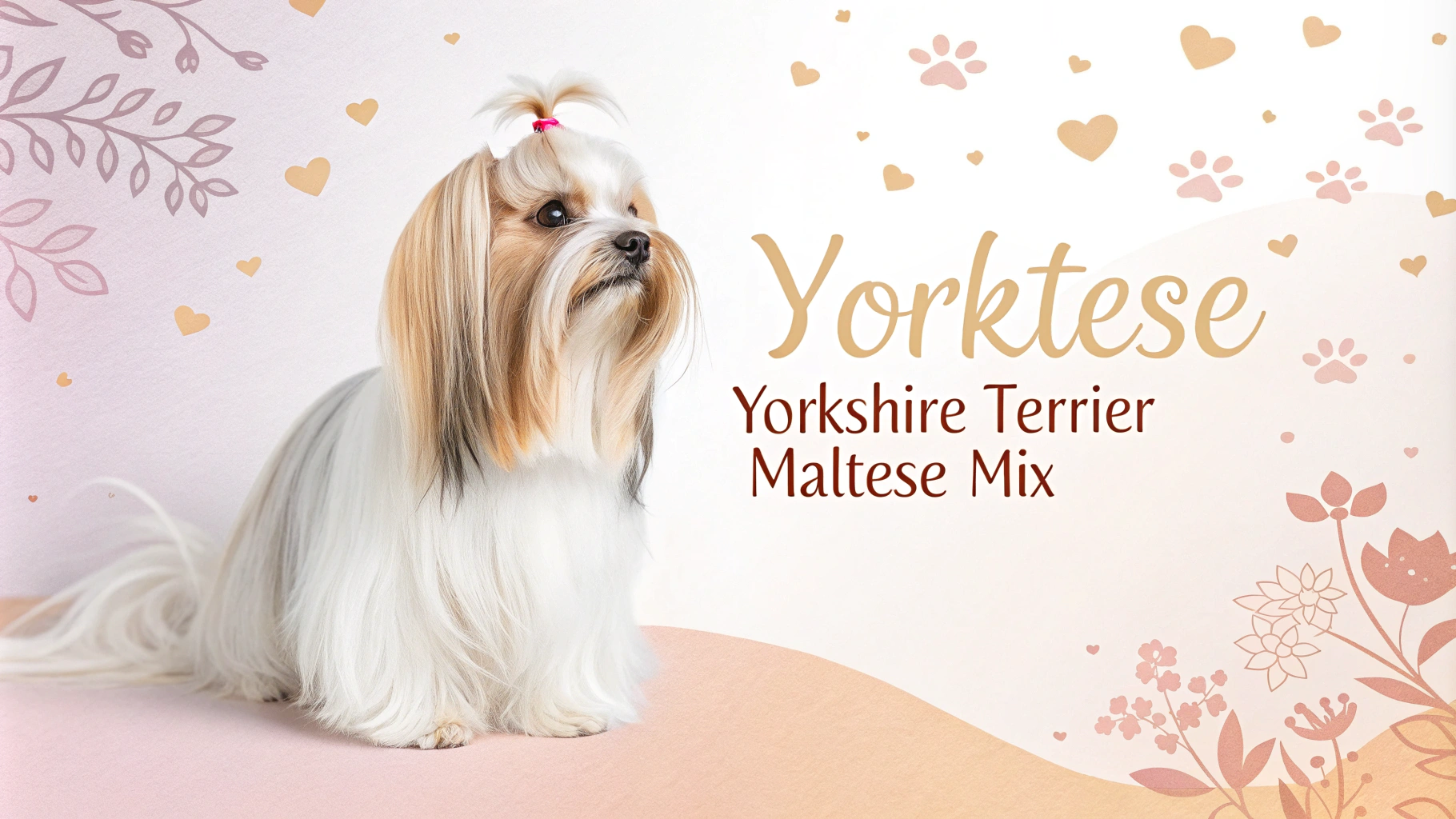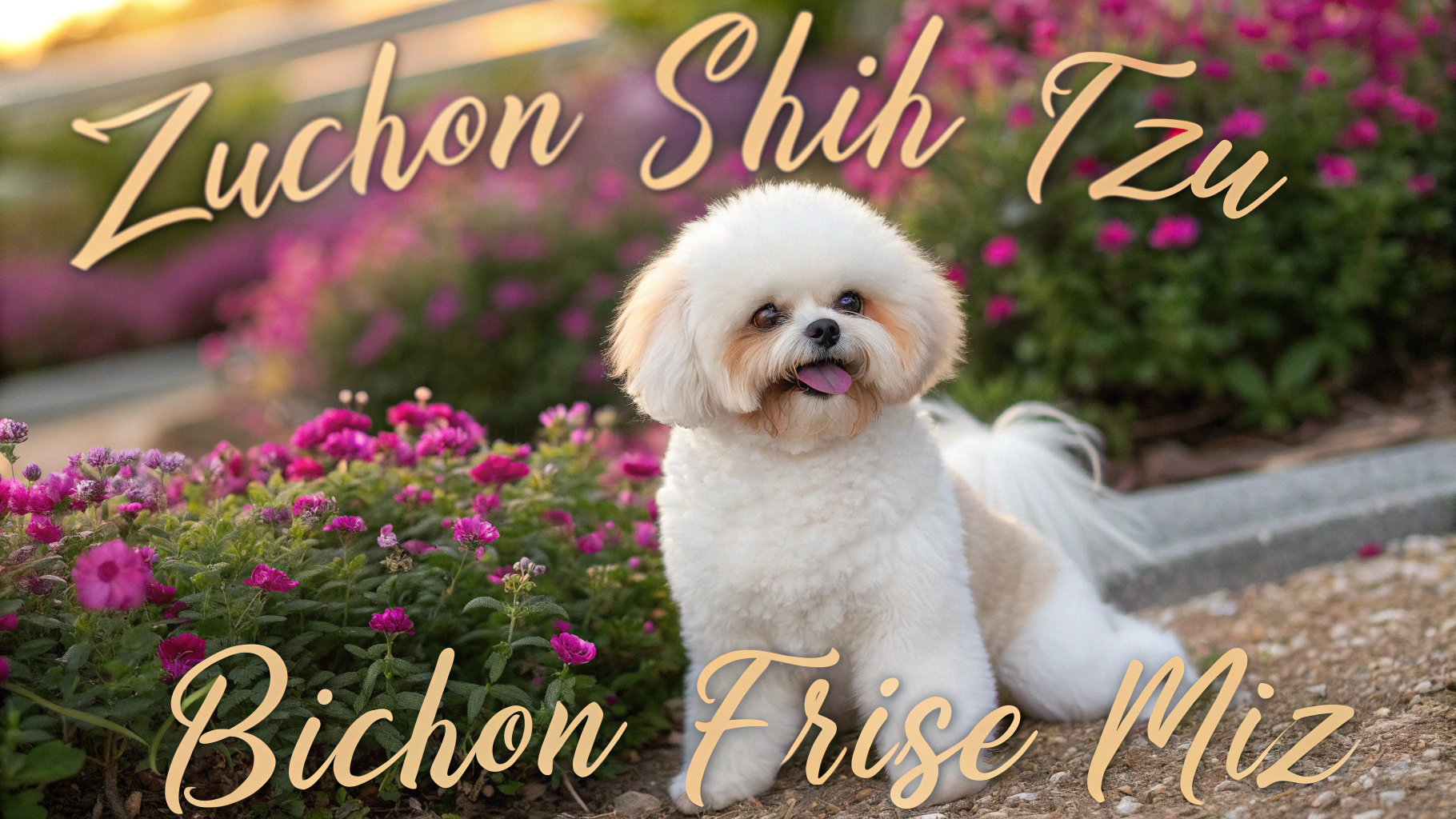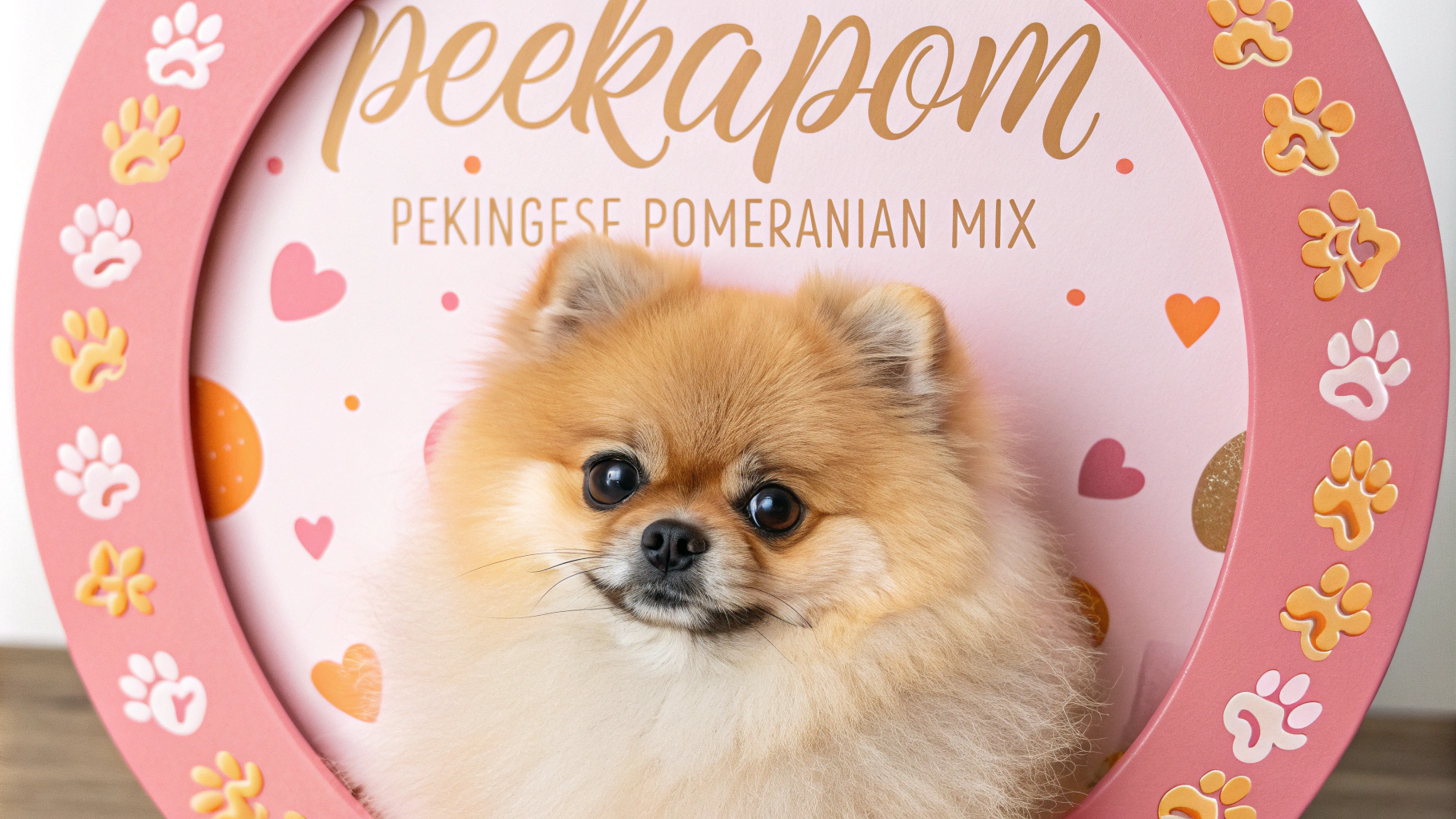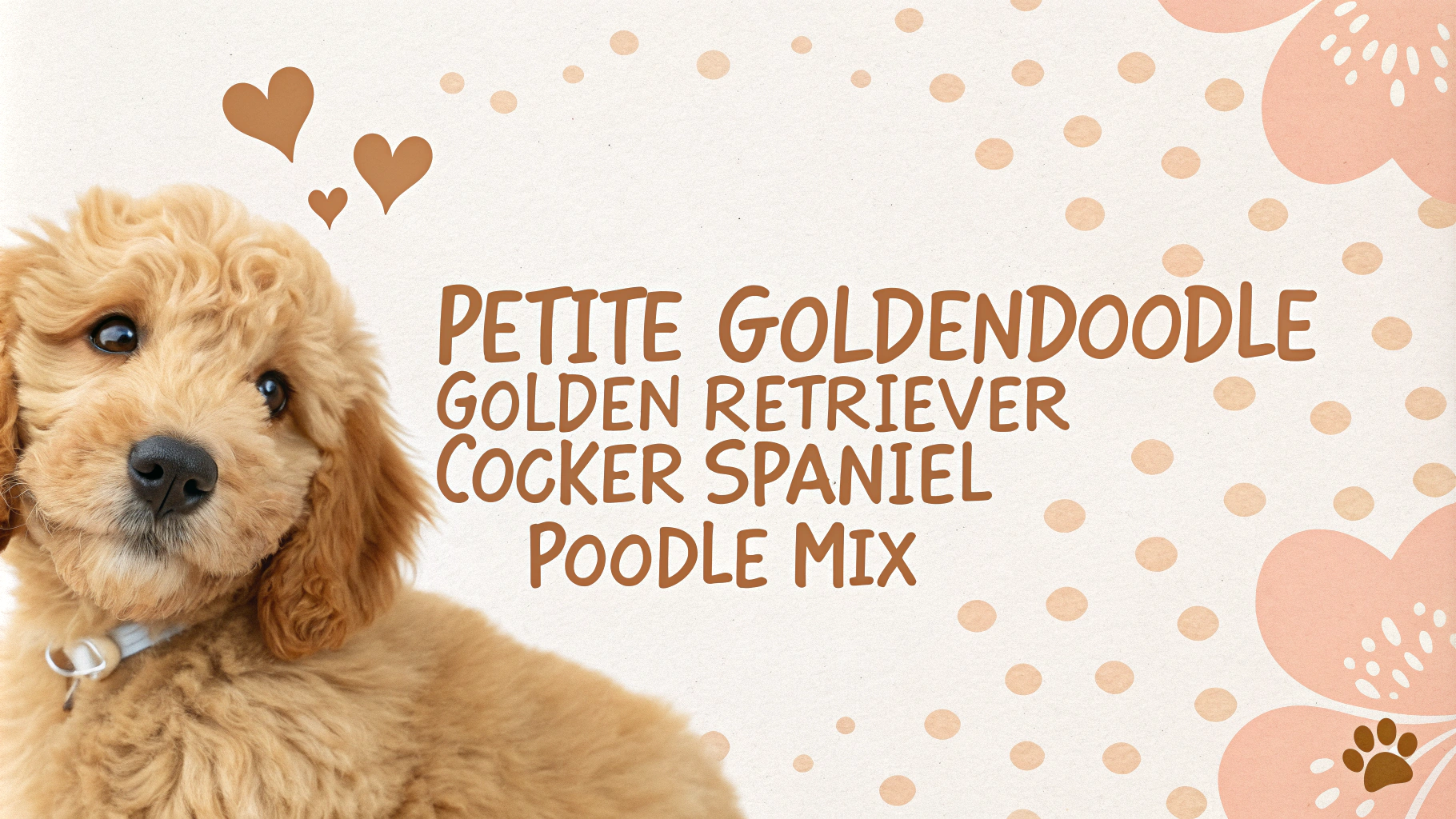The Chiweenie is a charming mixed breed resulting from the crossbreeding of a Chihuahua and a Dachshund. This small, energetic dog combines the feisty personality of the Chihuahua with the elongated body of the Dachshund, creating a unique and lovable companion. Chiweenies are known for their loyalty, affectionate nature, and adaptability to various living situations, making them popular pets for singles, couples, and families alike.
Key Facts
- Size: Small, typically 6-10 inches tall at the shoulder
- Weight: Usually between 5-12 pounds
- Lifespan: 12-16 years
- Coat: Can be short and smooth or long and wiry, depending on the parent breeds
- Colors: Various, including black, brown, tan, white, and combinations
- Temperament: Loyal, affectionate, and sometimes stubborn
- Exercise needs: Moderate, requiring daily walks and playtime
- Good with children: Yes, but better suited for families with older children
- Trainability: Moderate, can be challenging due to their independent nature
- Grooming: Low to moderate, depending on coat type
Character Traits
Chiweenies inherit a blend of personality traits from their Chihuahua and Dachshund parents, resulting in a unique and often spirited temperament. These small dogs are known for their loyalty and affectionate nature, often forming strong bonds with their owners. They can be surprisingly protective despite their small size, making them excellent watchdogs.
Chiweenies are typically energetic and playful, enjoying interactive games and short bursts of activity. However, they can also be content lounging with their owners, making them adaptable to various lifestyles. Their intelligence is notable, but it can sometimes manifest as stubbornness, especially during training sessions.
Social by nature, Chiweenies generally get along well with other pets when properly socialized. However, they may exhibit a tendency to be wary of strangers or unfamiliar animals, a trait inherited from their Chihuahua lineage. This wariness can be mitigated through early and consistent socialization.
Despite their small size, Chiweenies often have big personalities. They can be vocal, a characteristic common in both parent breeds, which makes them alert watchdogs but may require training to manage excessive barking. Their confident and sometimes sassy demeanor can be endearing to owners who appreciate a dog with character.
Chiweenies are known for their affectionate nature, often seeking closeness with their owners. They may develop a particularly strong attachment to one family member, though they typically show love to the entire household. This desire for companionship means they can be prone to separation anxiety if left alone for extended periods.
History & Origins
The Chiweenie, like many designer dog breeds, doesn’t have a long documented history. This hybrid breed likely emerged in the late 20th or early 21st century, coinciding with the rising popularity of mixed breed dogs. While the exact origins are unclear, it’s believed that Chiweenies were first intentionally bred in North America.
To understand the Chiweenie’s background, it’s essential to look at the histories of its parent breeds. The Chihuahua, one of the world’s smallest dog breeds, has ancient roots tracing back to Mexico. Named after the Mexican state of Chihuahua, these dogs were revered by the Aztecs and Toltecs. Dachshunds, on the other hand, originated in Germany in the 16th century. They were bred as hunting dogs, particularly for burrowing animals like badgers, which explains their long, low bodies.
The creation of the Chiweenie was likely motivated by the desire to combine the Chihuahua’s compact size and spirited personality with the Dachshund’s elongated body and hunting instincts. Breeders may have also aimed to mitigate some of the health issues associated with the parent breeds, such as the back problems common in Dachshunds.
While not recognized by major kennel clubs as a standardized breed, Chiweenies have gained popularity as companion animals. Their cute appearance and the appeal of having a dog with traits from two beloved breeds have contributed to their increasing presence in homes across North America and beyond. As with many designer breeds, the exact traits can vary significantly between individuals, depending on which parent breed’s characteristics are more dominant.
Health Concerns
Chiweenies, like many mixed breeds, can inherit health issues from both parent breeds. Common health concerns include:
- Intervertebral Disc Disease (IVDD): Inherited from the Dachshund side, this spinal condition can cause pain and mobility issues.
- Patellar Luxation: A condition where the kneecap dislocates, often seen in small breeds like Chihuahuas.
- Dental Problems: Due to their small mouths, Chiweenies are prone to overcrowding and dental issues.
- Hypoglycemia: Low blood sugar can be a concern, especially in puppies or smaller individuals.
- Eye Problems: Including progressive retinal atrophy and glaucoma.
Regular veterinary check-ups, proper dental care, and maintaining a healthy weight are crucial for preventing and managing these health issues. It’s also important to be aware of the breed’s tendency towards back problems, avoiding activities that put unnecessary strain on their spine.
Exercise Needs
Chiweenies have moderate exercise needs, reflecting a balance between the Chihuahua’s lower energy levels and the Dachshund’s more active nature. Typically, they require:
- 30-45 minutes of daily exercise
- Short walks or play sessions spread throughout the day
- Indoor games and toys for mental stimulation
While they enjoy outdoor activities, their small size and potential for back problems mean that exercise should be carefully monitored. Avoid high-impact activities or allowing them to jump from heights. Swimming can be a great low-impact exercise option if introduced gradually and with proper safety measures. Mental stimulation through puzzle toys and training sessions is also important to keep these intelligent dogs engaged and prevent boredom-related behaviors.
Space Requirements
Chiweenies are adaptable dogs that can thrive in various living environments, making them suitable for both apartment dwellers and homeowners with yards. Their space requirements include:
- A small to medium-sized living area
- Access to a securely fenced outdoor space for play and potty breaks
- A comfortable bed or crate for resting
- Safe indoor areas for play and exploration
While they don’t need a large home, Chiweenies do benefit from having some room to move around and play. If living in an apartment, regular outdoor excursions are essential for exercise and mental stimulation. It’s important to ensure that any outdoor space is secure, as these small dogs can sometimes squeeze through small gaps. Inside, create a cozy area with their bed and toys, and consider puppy-proofing to prevent accidents due to their curious nature.
Nutrition & Feeding
Proper nutrition is crucial for maintaining the health and well-being of Chiweenies. Their dietary needs include:
- High-quality, small-breed dog food appropriate for their age and activity level
- Carefully measured portions to prevent obesity
- Meals divided into 2-3 smaller servings per day
- Limited treats, not exceeding 10% of daily caloric intake
Due to their small size and potential for hypoglycemia, consistent feeding times are important. Choose a food that provides balanced nutrition, with appropriate levels of protein, fat, and carbohydrates. Avoid foods with artificial preservatives or fillers. Fresh water should always be available. Be cautious with human foods, as some can be toxic to dogs. Consult with a veterinarian to determine the best diet plan for your individual Chiweenie, taking into account factors such as age, weight, and any specific health concerns.
Grooming Tips
Chiweenies generally have low to moderate grooming needs, depending on their coat type inherited from their parent breeds. Short-haired Chiweenies require minimal grooming, while long-haired varieties need more attention. Here are some key grooming tips:
- Brushing: Brush your Chiweenie’s coat 1-3 times a week to remove loose hair and distribute natural oils. Use a soft-bristled brush for short coats or a slicker brush for longer coats.
- Bathing: Bathe your Chiweenie every 4-8 weeks or as needed. Use a gentle, dog-specific shampoo to avoid skin irritation.
- Nail trimming: Trim nails regularly, typically every 2-4 weeks, to prevent overgrowth and discomfort.
- Dental care: Brush your Chiweenie’s teeth 2-3 times a week to maintain good oral hygiene and prevent dental issues.
- Ear cleaning: Check and clean ears weekly to prevent infections, especially for floppy-eared Chiweenies.
Pay attention to the skin folds on your Chiweenie’s face and body, keeping them clean and dry to prevent irritation or infections. Regular grooming sessions also provide an opportunity to check for any skin issues, lumps, or abnormalities.
Training Approach
Training a Chiweenie requires patience, consistency, and positive reinforcement techniques. These intelligent and sometimes stubborn dogs respond best to reward-based training methods. Here are some effective approaches:
- Early socialization: Expose your Chiweenie to various people, animals, and environments from a young age to promote confident and well-adjusted behavior.
- Positive reinforcement: Use treats, praise, and toys to reward desired behaviors, encouraging your Chiweenie to repeat them.
- Short, frequent sessions: Keep training sessions brief (5-10 minutes) but frequent to maintain your Chiweenie’s interest and prevent boredom.
- Consistency: Establish clear rules and boundaries, ensuring all family members follow the same training guidelines.
- Patience: Be patient with your Chiweenie, as they may inherit the Dachshund’s stubbornness or the Chihuahua’s independent nature.
Focus on basic obedience commands such as sit, stay, come, and leash training. Address potential behavioral issues like excessive barking or separation anxiety early on. Crate training can be beneficial for housebreaking and providing a safe space for your Chiweenie. Remember that positive experiences during training will help build a strong bond between you and your pet.

